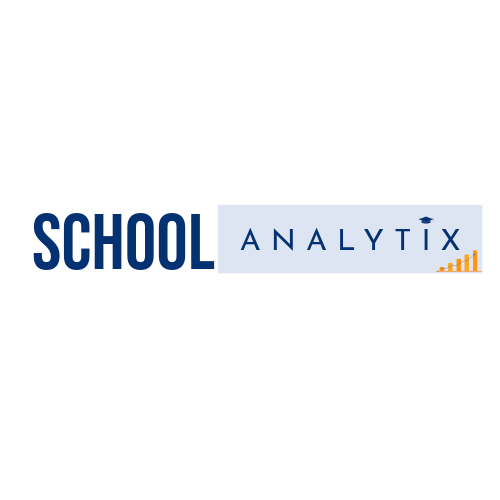Effective management of student misconduct is crucial for maintaining a conducive learning environment in schools. Educators play a pivotal role in addressing and rectifying student misbehavior while fostering a culture of respect and accountability. In this article, we will explore various tools and techniques that empower educators to effectively manage student misconduct and promote positive behavioral outcomes.
Understanding the Challenges:
Managing student misconduct presents a multifaceted challenge for educators. Misbehavior can range from minor disruptions to more serious offenses, disrupting the learning process and negatively impacting the overall classroom atmosphere. Common challenges include defiance, disrespect, bullying, academic dishonesty, and physical aggression. Additionally, educators must navigate diverse student backgrounds, individual needs, and varying levels of behavioral development.
Creating a Positive Learning Environment:
Central to managing student misconduct is the creation of a positive and inclusive learning environment. Educators can establish clear expectations for behavior, communicate these expectations consistently, and model respectful conduct themselves. By fostering a sense of belonging and mutual respect, educators can cultivate a classroom culture where students feel valued and motivated to adhere to behavioral norms.
Effective Communication Strategies:
Communication is key to addressing and resolving student misconduct. Educators should strive to maintain open lines of communication with students, colleagues, and parents/guardians. When addressing misbehavior, it is essential to use clear and assertive language while maintaining a calm demeanor. Active listening skills are also crucial, allowing educators to understand underlying issues and address them effectively.
Implementing Proactive Strategies:
Prevention is often the most effective approach to managing student misconduct. Educators can implement proactive strategies to preemptively address potential behavioral issues. These may include establishing classroom rules and routines, providing engaging and differentiated instruction, and promoting positive peer interactions through cooperative learning activities. By creating an engaging and supportive learning environment, educators can mitigate the likelihood of student misbehavior.
Utilizing Positive Reinforcement:
Positive reinforcement is a powerful tool for promoting desirable behavior in students. Educators can use praise, encouragement, and tangible rewards to reinforce positive conduct and academic achievements. Recognizing and celebrating students’ efforts and accomplishments fosters a sense of pride and motivation, encouraging continued adherence to behavioral expectations.
Implementing Restorative Practices:
Restorative practices offer an alternative approach to addressing student misconduct by focusing on repairing harm and restoring relationships. Instead of punitive measures, restorative practices emphasize accountability, empathy, and dialogue. Educators can facilitate restorative circles, conferences, or peer mediation sessions to address conflicts and promote understanding among students. By involving all stakeholders in the resolution process, restorative practices foster a sense of ownership and promote long-term behavioral change.
Setting Clear and Consistent Consequences:
While proactive strategies are essential, educators must also establish clear and consistent consequences for misconduct. Consequences should be fair, proportionate, and aligned with established rules and expectations. By enforcing consequences consistently, educators send a clear message about the importance of accountability and respect for rules. However, it is crucial to ensure that consequences focus on corrective action rather than punitive measures, aiming to promote reflection and learning.
Individualized Support and Intervention:
Recognizing that every student is unique, educators should provide individualized support and intervention to address underlying factors contributing to misconduct. This may involve collaborating with support staff, counselors, or other professionals to identify and address social, emotional, or academic challenges. By addressing underlying issues proactively, educators can help students develop coping skills and resilience, reducing the likelihood of future misbehavior.
Promoting Parental Involvement:
Parental involvement is a valuable resource in managing student misconduct. Educators should establish strong partnerships with parents/guardians, keeping them informed about their child’s behavior and progress. By involving parents in the problem-solving process, educators can gain valuable insights into students’ home environments and collaborate on effective strategies for addressing misconduct. Additionally, parental support reinforces the importance of consistent behavioral expectations across home and school settings.
Conclusion:
Effectively managing student misconduct requires a multifaceted approach that empowers educators with the tools and techniques needed to promote positive behavioral outcomes. By creating a positive learning environment, implementing proactive strategies, utilizing positive reinforcement, and employing restorative practices, educators can foster a culture of respect, accountability, and academic success. Through clear communication, consistent consequences, individualized support, and parental involvement, educators can effectively address student misbehavior while promoting long-term behavioral change and academic excellence.
